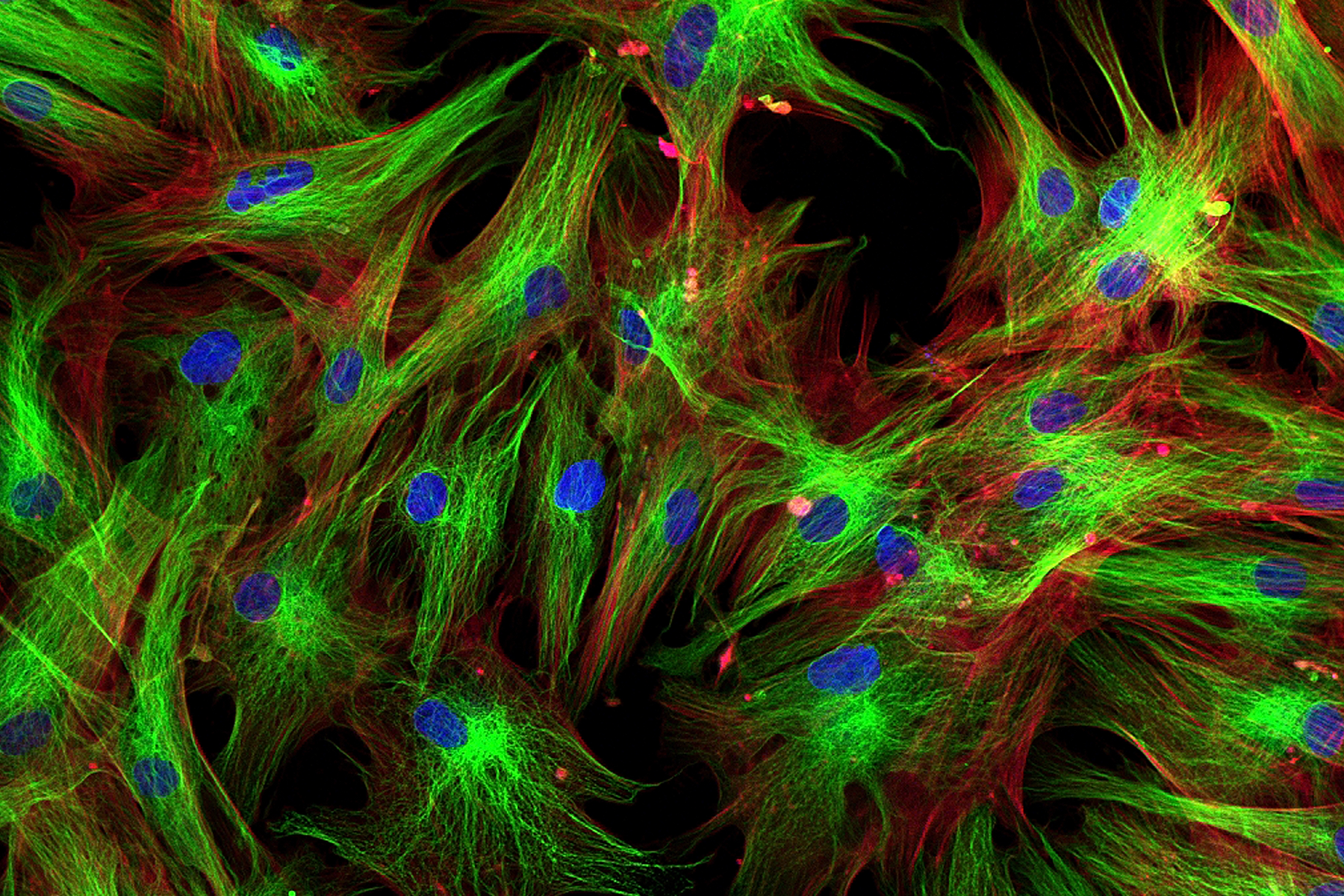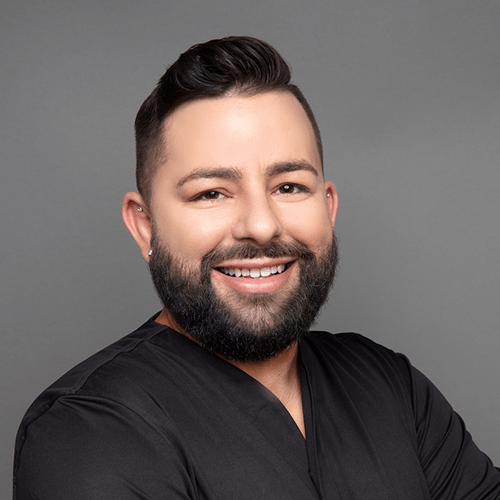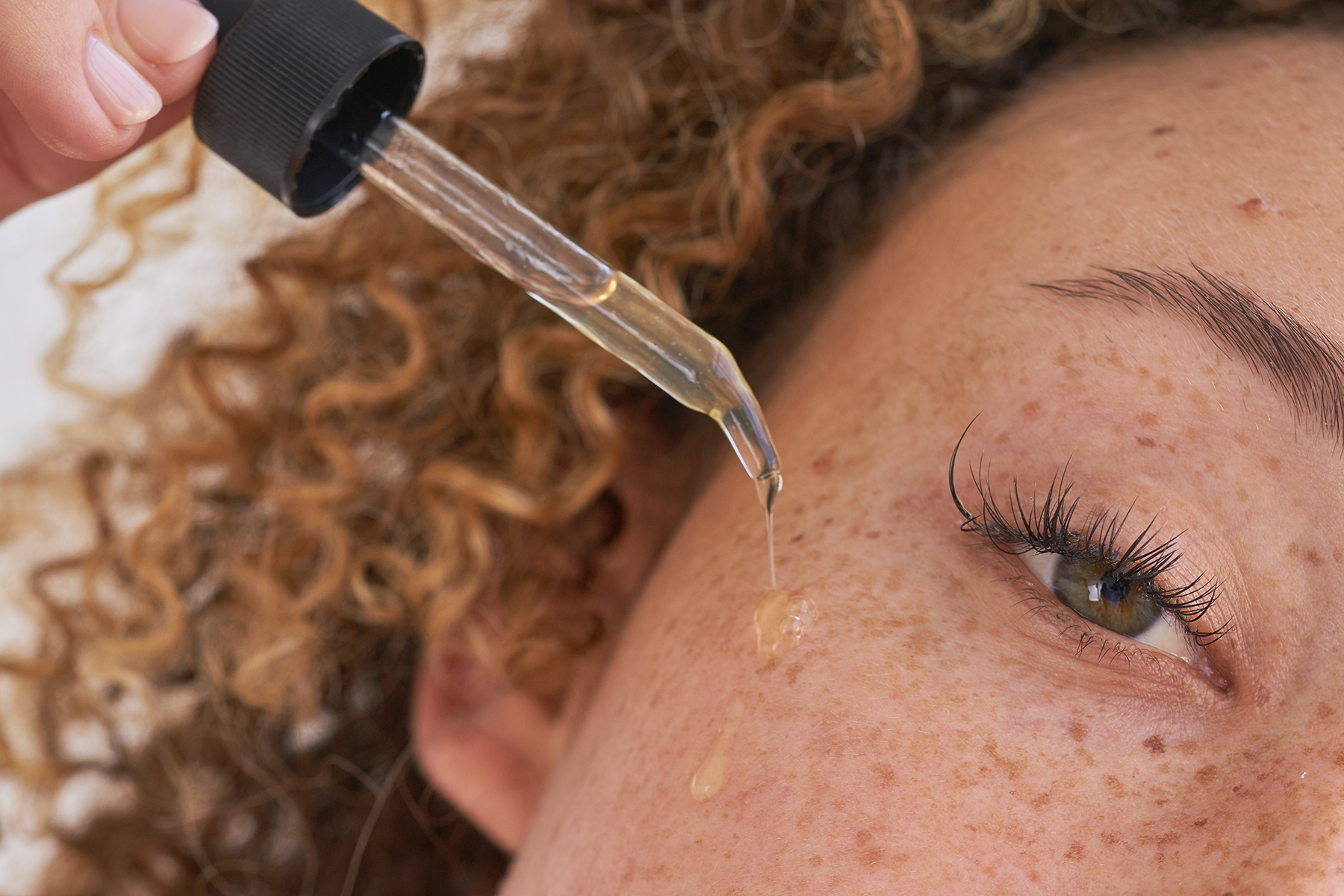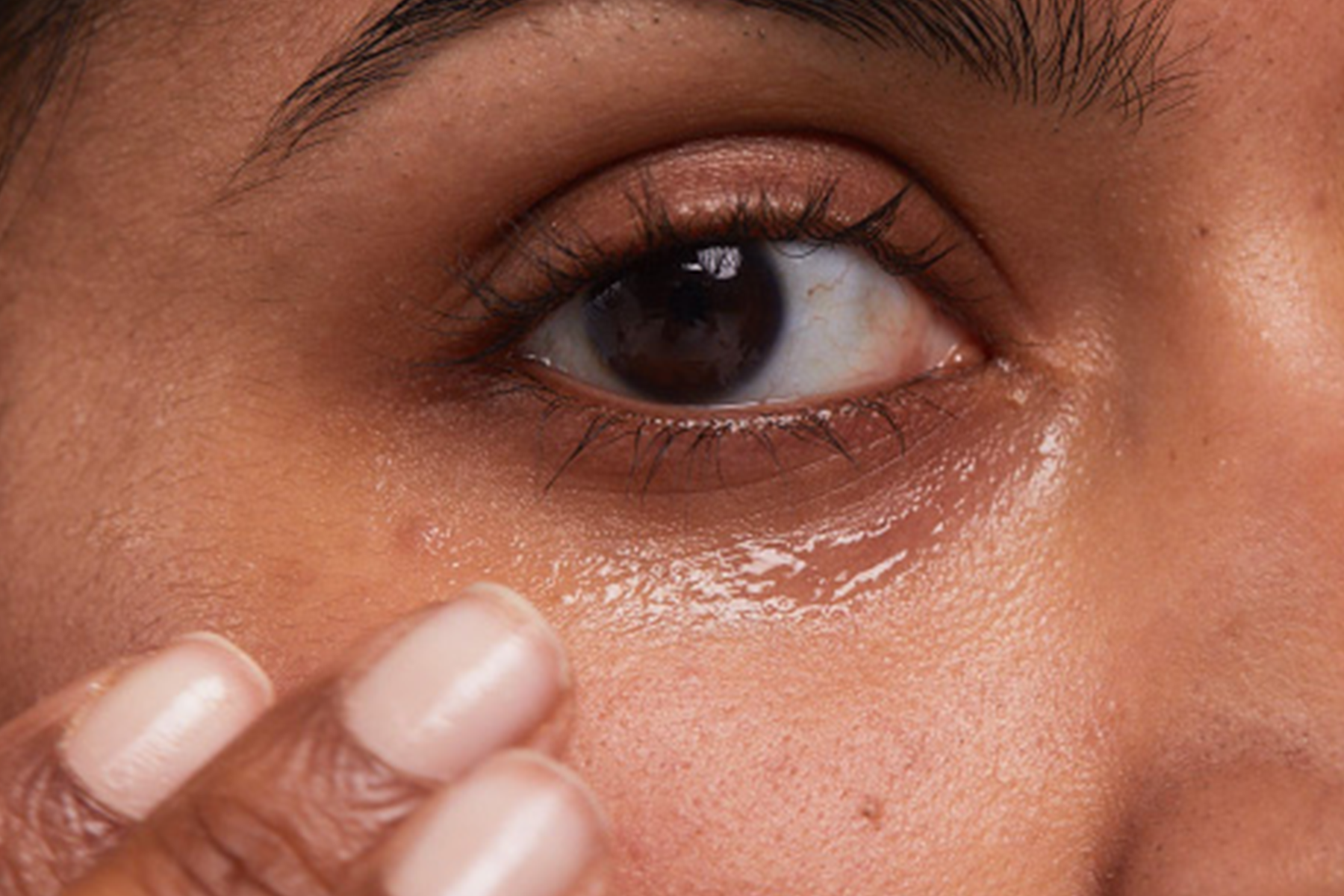The+Source
You’ve likely heard of fibroblasts—if not lately, then back in biology class. But you may not have realized how essential they are in helping skin maintain its plump, youthful appearance. Indeed, in all the conversations surrounding collagen, the role and importance of fibroblasts can get lost. But they’re actually an essential part of the collagen-formation process and something you should take notice of.
What is a fibroblast?
A fibroblast is a very specific kind of connective tissue cell. Therefore, as you might expect, it’s found in places like skin, tendons, and ligaments. Fibroblasts secrete collagen, among other protein molecules, such as fibronectin and laminin. Dermal fibroblasts reside in the skin’s middle layer or dermis, hence their name. They get pressed into service when wound healing is required. But they also contribute to the extracellular matrix (ECM), which is what gives structural support to surrounding cells.
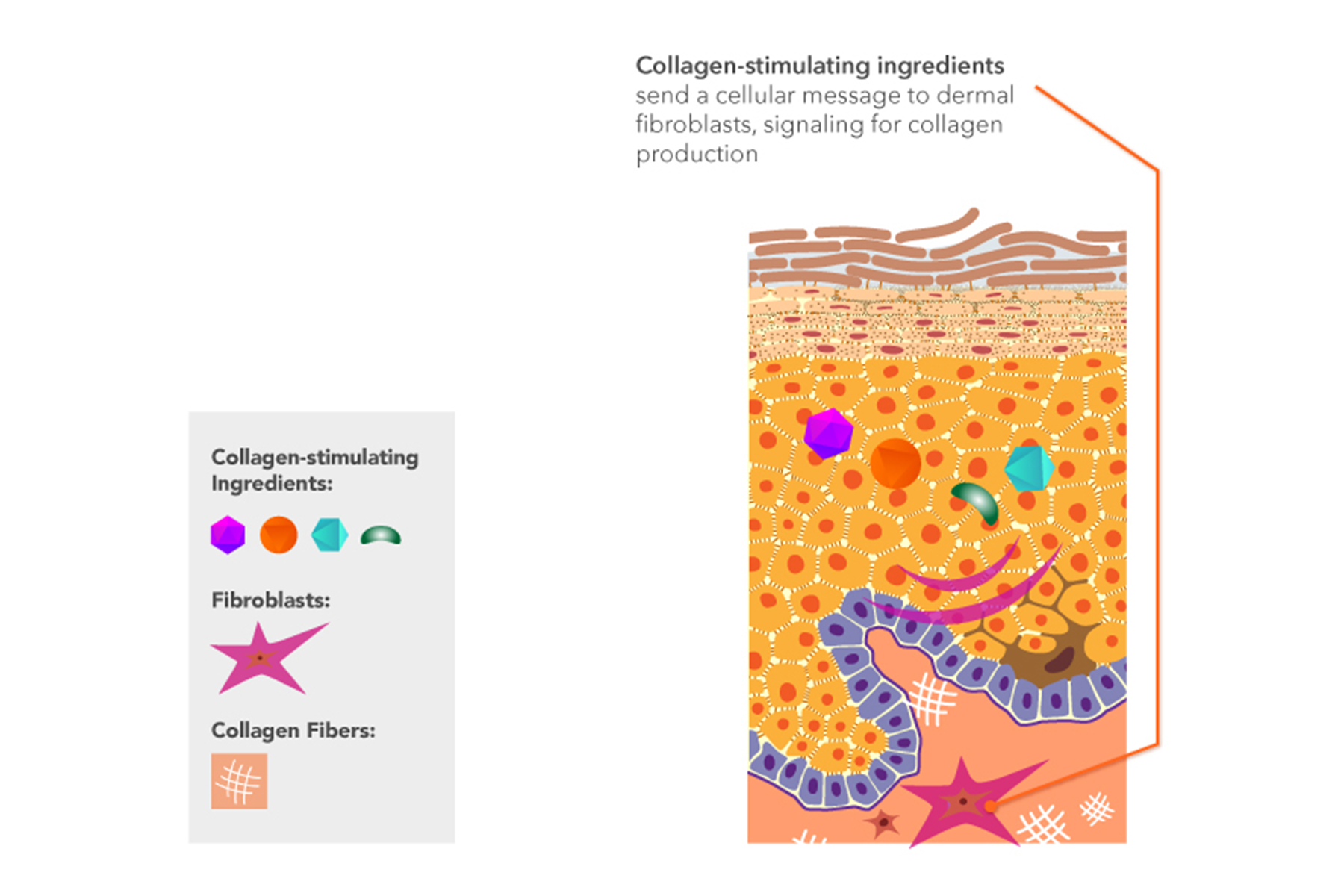
Why should you care about your dermal fibroblasts?
See previous note re: fibroblasts secreting collagen. Collagen is the most plentiful protein in the body. It’s like scaffolding for skin—giving it lift, plumping it up, and keeping it firm. As we age, our skin’s collagen levels decrease. This is due to many factors. The main two are that our bodies are producing less collagen, while simultaneously breaking down existing collagen more quickly. (FYI: While genetics also play a role, if you smoke, sunbathe, or drink alcohol, it’s like hitting the accelerator on collagen breakdown.) If that scenario sounds less than ideal to you, you’ll want to counteract your body’s inherent desire to pump out less collagen by encouraging it to do the opposite and manufacture more. This is where dermal fibroblasts enter the picture.
How do you coax dermal fibroblasts to spit out additional collagen?
It’s not enough simply to tell dermal fibroblasts to work harder. Since dermal fibroblasts are capable of generating more than just collagen, you need to be specific in your request. You can do this in two ways, one of which requires a trip to the dermatologist’s office and the other of which you can do at home.
In-office options [could cut: for stimulating dermal fibroblasts]:
As pointed out earlier, dermal fibroblasts go into overdrive when skin is injured and needs to be repaired. A dermatologist has many MD-only methods to induce the controlled wounding that leads to collagen production, from ablative lasers and chemical peels that remove the top layer of skin to subcutaneous microneedling, which works below the skin’s surface. All will produce results, and all need to be done by a professional only. In addition, these in-office treatments come with not-insignificant downtime. On the bright side, typically after one session (and once skin fully heals), you’ll see a noticeable improvement.
At-home alternatives [could cut: for stimulating dermal fibroblasts]:
The good news is that skin doesn’t need to be physically hurt to encourage dermal fibroblasts to kick it up a notch. Certain topical ingredients can also send a cellular message to dermal fibroblasts that additional collagen is called for, albeit in a more indirect way than the action/reaction response of controlled, in-office wounding. Through various mechanisms, vitamin C, glycolic acid, and retinol each start a game of telephone in skin’s epidermis that eventually trickles down to the fibroblasts in the dermis, telling them more collagen is needed, which spurs them into action. These OTC treatments have few side effects (straight-up, pure retinol can trigger peeling when you first start using it, so it’s best to space out applications until skin gets adjusted). But they also require consistent, diligent application, in order to produce positive results. Still, their low-risk, high-reward ratio makes these three ingredients pretty much a no-brainer for anyone who wants the skin-enhancing effects of extra collagen. (Which would be everyone, right?)
